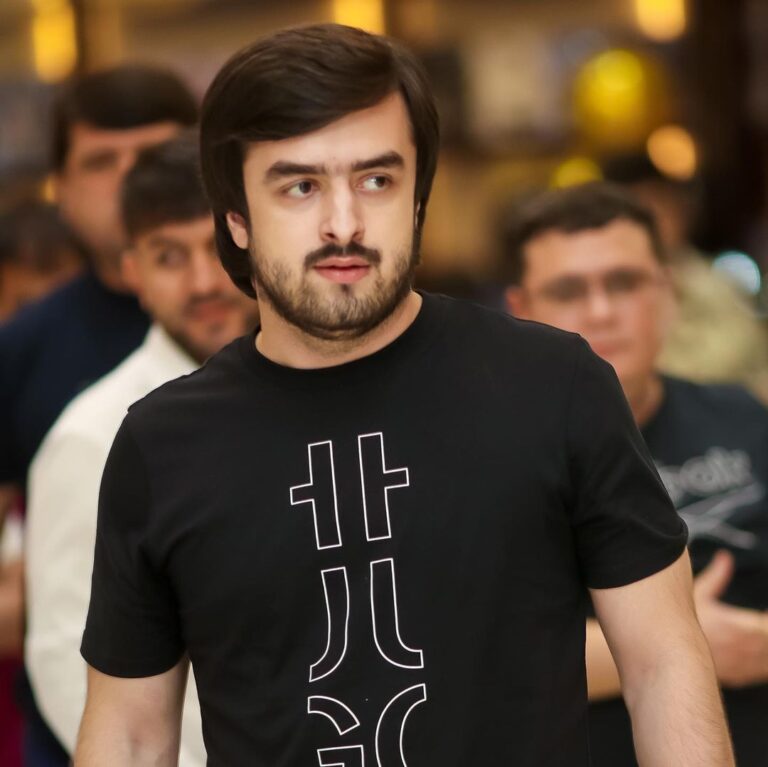In 2017, state-owned Israeli arms maker invested in two firms in bid to compete with NSO. It sold Cytrox to Intellexa, a firm operating outside of Israel, but documents show it’s still linked to the other
Six years ago, the state-owned defense contractor Israel Aerospace Industries (IAI) announced it was investing millions in two promising foreign firms: One registered in the Netherlands providing “cutting-edge cybersecurity solutions,” the other registered in Hungary and focusing on “cyberintelligence” for governments.
However, documents show the two firms – Inpedio and Cytrox – were actually set up by the same Israeli nationals that were involved in developing and then later selling the spyware known as Predator. That same spyware is currently at the heart of a massive political scandal in Greece, where it was used to hack the phones of a journalist and senior politicians – and raising privacy and rights concerns across the European Union.
In its June 2017 press release, the IAI presented Inpedio and Cytrox as two separate firms. Inpedio’s product, it said, “protects cellular iOS and Android devices from sophisticated attacks.” Cytrox, meanwhile, was said to do the opposite, “gathering intelligence from end devices” – like cell phones.
The former was supposed to offer defensive services, researching possible security breaches in computers and mobile devices to protect them against cyberattacks. The latter would go on to develop Predator, a spyware which exploits loopholes in cyber defenses to hack into mobile devices.
Documents and sources say they were formed as twin firms to offer potential clients a full spectrum of cyber solutions – defensive and offensive. According to former workers in Cytrox, the firms initially operated jointly from the same offices, and workers from Inpedio were also involved in the early development of the Predator spyware.
IAI made the investment through its Singaporian subsidiary Custodio PTE. The dual investment was supposed to “expand IAI’s cyber R&D and its global footprint in this field,” as its press release noted at the time. But while it later sold its stake in Cytrox, it held on to Inpedio – though the firm has all but shut down and the millions invested have been lost.
Two firms, one office
Haaretz has reviewed corporate documents from the Netherlands, Hungary, North Macedonia, Singapore and Israel that show that the two firms’ founders and directors were the same Israelis. Inpedio was registered in the Netherlands in 2016 by two founders: Rotem Farkash and Abraham Rubinstein. The very same Farkash and Rubinstein would establish Cytrox Holdings in Hungary – where IAI invested in – and a subsidiary, Cytrox Software, in North Macedonia, in 2017. The two registered Cytrox with their Inpedio email accounts.
Farkash is a hacker-turned-cyber-entrepreneur who later became a partner and senior official in Intellexa, an alliance of digital surveillance firms founded in Cyprus and Greece by former Israeli army intelligence commander Tal Dilian. Rubinstein, a tech entrepreneur, ended up suing Dilian for diluting his own shares in Intellexa. That dispute has since been resolved.
Kaymera/NSO
Cytrox was just one of many Israeli firms set up abroad. After completing the takeover of the firm, Intellexa made its Predator spyware part of a comprehensive portfolio of digital surveillance tools it offers. As Haaretz investigations have revealed last year, those were also being sold to an infamous militia in Sudan and to Bangladesh – countries Israelis are currently banned from doing business with, at least officially.
These revelations, along with the “Greek Watergate” scandal, prompted a rare admission from Israeli officials regarding Dilian’s business – operating outside of Israel. The former director general of the Defense Ministry said that, “It certainly disturbs me that a veteran of our intelligence and cyber units, who employs other former senior officials, operates around the world without any oversight”.
Sources said IAI’s 2017 investment in twin firms Cytrox and Inpedio was done according to what is called the Kaymera/NSO model: one firm selling offensive capabilities to governments, like the infamous Pegasus spyware, while the other “peddles products that defend against that same technology [like Kaymera]… allowing startups such as NSO and Kaymera to play opposing sides of the cyberwars,” as a 2014 press release from NSO and Kaymera explained in its own words.
NSO, infamous for its Pegasus spyware, operates from Israel under defense exports oversight, and has emerged last decade as the dominant player in the field. Meanwhile, per sources, Israel’s big defense contractors, like IAI, were late to the game, allowing NSO to become the market leader and state favorite. NSO’s spy tools spearheaded Prime Minister Benjamin Netanyahu’s “cyber-diplomacy” with Arab and African states.
However, as a cyber firm in the military and homeland security space, NSO “is the exception,” an industry source explains. “Most of Israel’s activities in this field are usually done through Elta (IAI), Elbit and Rafael – not through privately owned firms with a singular focus.”
The dual investment in Cytrox and Inpedio, both registered abroad, was supposed to allow Israel to make up for lost time and compete with the Israeli-regulated NSO. But while one arm of the Israeli state promoted local firms selling under strict regulations, another arm invested in two foreign-registered Israeli firms, which could allegedly skirt that same oversight.
Israel Aerospace Industries said in response that it “deals solely in defensive cyber. IAI has a minority stake of less than 10 percent in Inpedio, which is a defensive cyber company that is now in the process of being liquidated. IAI has no connection to the details in this report. IAI offers advanced defensive solutions to companies and states, adhering to export regulations”.
Source: Haaretz







